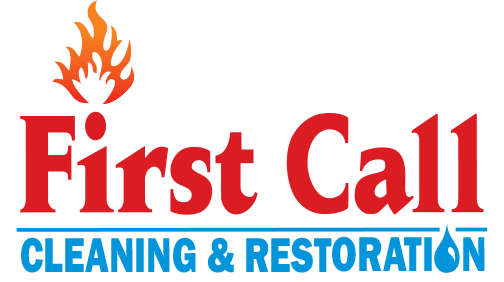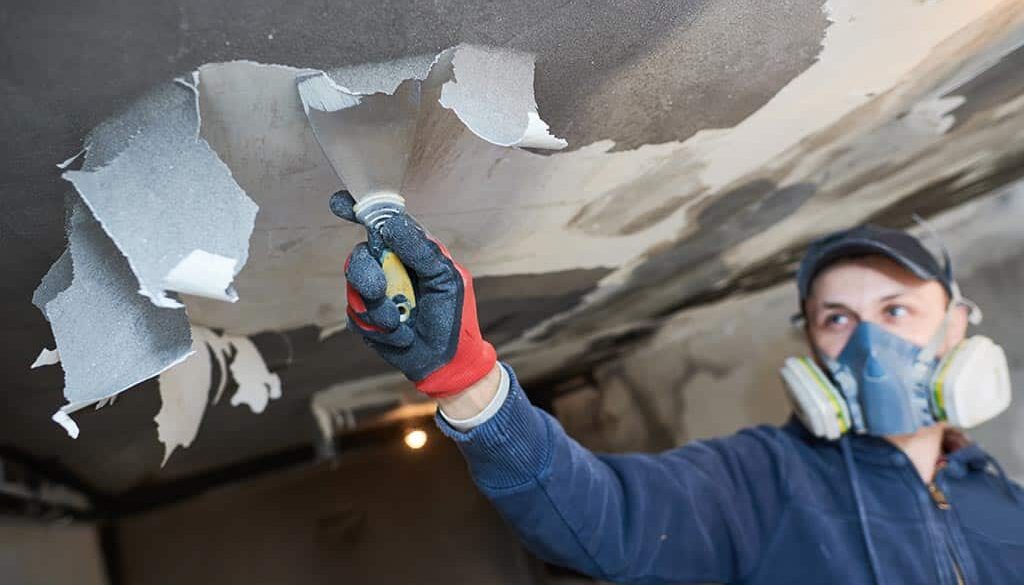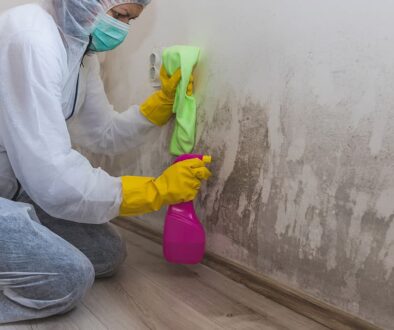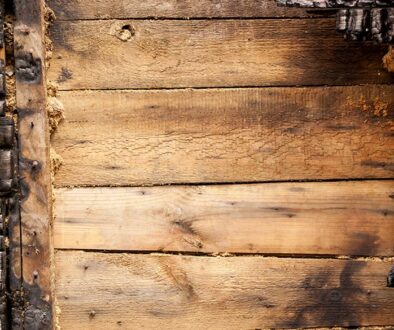After you’ve experienced a home fire, it’s hard to wrap your mind around the reality of it. As you process what happened, your mind may be running through all sorts of questions. This is especially true when the home fire was big enough to force you and your family to seek a temporary living situation.
As hard as it is to get your thoughts straight, the steps you take in the aftermath of the fire can make a big difference in the long-term expense of the tragedy. While there are important things to do afterwards, what not to do after a home fire can be just as important.
Here are three things to do and three things NOT to do after you experience a home fire:
Do: Have the Fire Department Assess Your Home and Utilities
Whether or not the fire department is already at your home putting out the fire, you will want to make sure they come out to assess your home afterwards. The fire department can make sure your home is safe before you re-enter it. They can also check your utilities before you use them. Some wiring and outlets may sustain damage during a fire. This can leave them either broken or dangerous to use.
If the fire department finds any of your utilities are not working, you’ll want to call your utility provider right away. They can then set up a time to come repair or replace the necessary equipment.
Do: Call Your Insurance and Mortgage Companies
It is important to let your home insurance and mortgage providers know about the fire as soon as possible.
Your insurance company will need to start a claim to start tracking the expenses from the fire. They can let you know what is covered by your policy and what documentation they need. In most instances, your home insurance policy will even cover your family’s stay if they are misplaced after the fire.
Your insurance company is also responsible for paying the remainder of your mortgage loan if you lose your home entirely after a fire. If your home is damaged but salvageable, you are still responsible for paying regular mortgage payments. No matter the damage, your mortgage lenders need to be informed quickly so they can be ready to work with you or your insurance company if necessary.
Do: Make a List of Damaged or Missing Items
As hard as it is to do, making a list of the items in your home that are damaged or missing is important for a few reasons. This list will be important for your insurance company as they assess the damage and let you know what they can replace. It is also important to have the list for those restoring your home (more on this later!). Letting them know what items are still missing gives them a heads-up to look out for them as they are doing their work.
Finally, this list can help you identify any important paperwork you will need to replace or financial items that need replaced or canceled. For example, certain legal items like birth certificates or social security cards can take a while to replace. Credit cards lost in a fire should be canceled and replacements ordered.
Do Not: Throw Away Your Receipts
Immediately after the fire occurs, your insurance company needs to have evidence of any money you spend to take care of your family, your home, or other things related to the fire. Even if it takes you a day or two to call your insurance company, start keeping receipts from the beginning. Make sure to ask any companies you work with for receipts. You will also want to ask the fire department for their official report on your home. Keeping up with this paperwork may be tedious, but it will make it much easier to receive the help and compensation you deserve.
Do Not: Leave Your Home Unprotected
Fires can leave your home vulnerable. Even if your home is still standing after the fire, it may have sustained damage that left openings in your home. This can include broken windows, holes in the roof, or other holes in the walls.
To prevent your home being robbed, or even invaded by animals, you will want to let the police department know that your home will be vacant while it is restored. You will also want to board up any openings. You can call the fire department for help reaching any holes that are dangerous to board up on your own.
Do Not: Wait to Start the Restoration Process, or Try to Do it By Yourself
When it comes to what not to do after a home fire, waiting to call a fire restoration company is at the top of the list. After a fire moves through your home, it is important to have a professional assess the damage and begin to treat it. Smoke and soot can make it impossible to live in the home or properly assess the damage. A larger fire may have damaged water or electrical lines, creating additional damage. The faster a restoration company comes in and starts work, the better the chances at saving more of your home from worse damage.
First Call Works with Your Insurance Company, So You Can Focus on Your Family
After a fire, there’s so much to do. But in the midst of all of the practical worries, you need to take care of yourself and your family. When you work with First Call’s Fire Restoration Team, they take care of everything necessary to restore your home. From recording every step of the process, thoroughly addressing all types of damage present, and working directly with your insurance company, you can focus on your family while we focus on the rest.
We are proud to serve our neighboring communities in central North Carolina. Learn more about our fire restoration services here. You can also read testimonials from customers who have worked with us to repair damage to their homes here: firstcallnc.com/testimonials.




